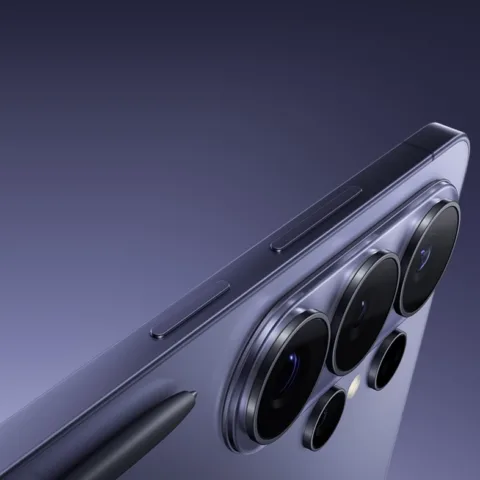BlackBerry announced overnight that its recently released BBM apps for iOS and Android have gained 20 million active users in just one week, making the total 80 million including BlackBerry device customers. After reporting a million installs of its unauthorized Android app during the aborted launch day in September, the company has bounced back. Over the weekend it had removed the waiting list it originally imposed on consumers to manage the load on its servers, finally allowing anyone to sign up and use BBM on iOS or Android immediately.
When BBM was finally launched last week, Indonesian telco insiders expressed their indifference towards the messaging platform and saying that the company needs to prove itself that it remains a valued partner. Earlier this month, Telkomsel revealed that BlackBerry is growing at a slower pace compared it its competitors.
The rapid adoption of BBM on Android and iOS however signals that the company may be on its way to become a healthy services platform away from its devices. The company plans to roll out additional features such as video and voice services later in the year as well as BBM Channel to commercially support its free messaging service.
The 80 million user base will provide some encouragement for the company to press on with its strategy. After all, if it manages to grab this many active users in just one week, the door is wide open for the company to gain 100 million total active users before the end of the year.
Andrew Bocking, BlackBerry’s executive vice president for BBM, penned the post announcing the milestone on the company’s official blog. He said, “During its first week, BBM was the top free overall app in 35 countries on Google Play and in 107 countries in the App Store and continues to maintain a strong position in key markets such as Canada, the US, the UK, Indonesia and much of the Middle East, to name a few”.
Bocking made a note in the post saying that this number is of active users rather than downloads which means that the number of downloads is likely higher. The company previously noted that it had seen 10 million downloads in the first 24 hours of the app’s widespread availability on the App Store and on Google Play. The BBM app remains the overall number one free app on the App Store today in a number of countries including Indonesia, displacing WhatsApp and Line.
On the other hand, all of this is still week one performance, still well within the honeymoon period. A more valid data won’t be available until at least one month or even one quarter has passed to see whether people remain actively using BBM on their Android or iOS devices.
Another point to consider is how many of those 20 million accounts belong to the same people. To generate the PINs required to use BBM, BlackBerry instituted a BlackBerry ID based on email addresses. Existing BlackBerry owners can register for this ID and associate their BlackBerry device PIN to it. Because of how this works, one person may use a number of different email addresses so they can have BBM on different devices.
Deddy Avianto, co-founder of HoRepublik, for example, has BBM on his Android phone as well as his developer unit BlackBerry device. Dolly Surya, the telco figure who lent his comments to our story last week runs BBM on his iPhone and Android phone. Whether this is a common occurrence is difficult to say especially on a global scale but the behavior is there, although we imagine that the majority will only be using BBM on one device.
Of course, there are also those who have dumped their BlackBerry phones. Wujudkan co-founder Mandy Marahimin for example, no longer uses her BlackBerry and plans to use BBM on her Android phone to communicate with family and business contacts. Justine Condor, a product specialist in the Philippines has switched to using BBM only on her iPhone. Qualcomm Indonesia’s Agung Wijanarko, who was pivotal in bringing the BlackBerry brand and devices to Indonesia almost ten years ago, no longer actively uses a BlackBerry. His BBM is on his iPhone.
Regardless of how people are using BBM now, what’s clear is that BlackBerry may yet still have a future in the services field if the company manages to leverage this launch period well, even if its devices business crumbles.
Is it too late for BlackBerry to commercially launch and maintain a messaging platform? The company probably should have done it earlier to maximize growth and revenue from this direction but it seems that despite the proliferation of messaging apps and platforms on the market today, it’s not. Messaging apps are still being launched all over the globe and it’s clearly not a zero sum game.










